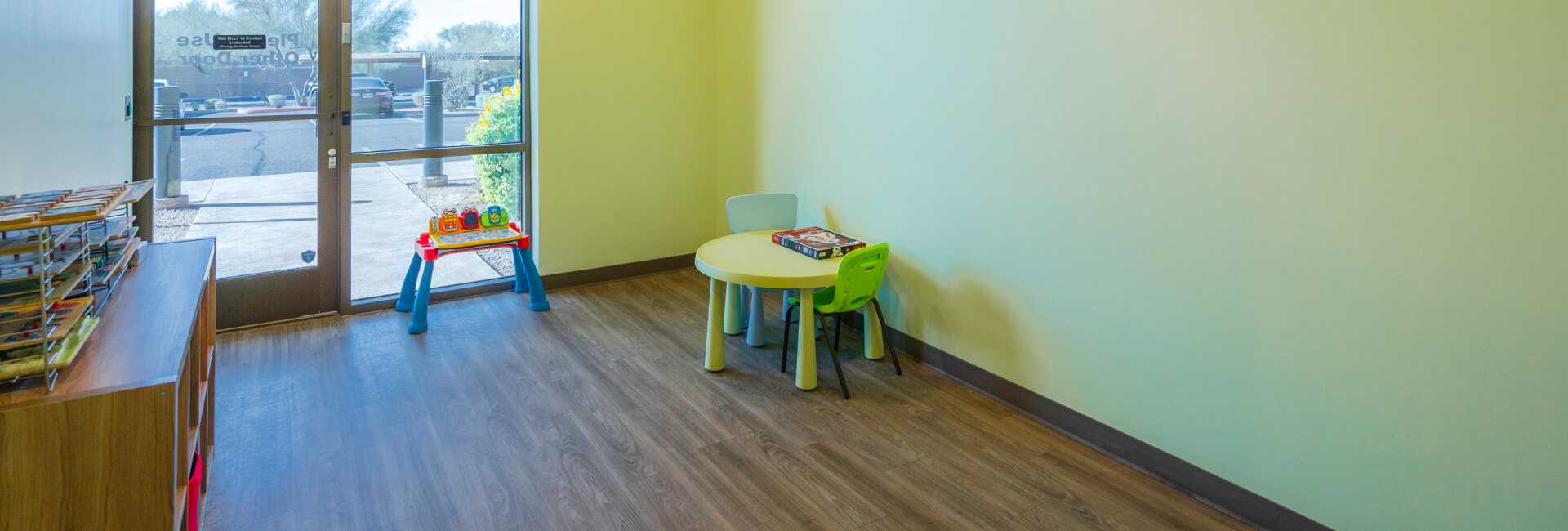Hope and Help When You Have OCD
Obsessive-compulsive disorder (OCD) is a type of anxiety disorder that causes repetitive behaviors or focused, persistent thoughts. Unfortunately, this disorder can significantly interfere with a person’s everyday life and relationships.
An estimated 2% of the general population has received an OCD diagnosis. However, studies show that between 8-33% of children and adults with autism spectrum disorder also have this condition. The good news is that expert care can help.
Scottsdale Pediatric Behavioral Services is the premier pediatric behavioral health center in Arizona. Our team has the best-educated and best-trained clinical staff in North Scottsdale. As specialists in applied behavior analysis (ABA) therapy, we have science-based methods proven to help manage OCD behaviors.
Recognizing OCD
Obsessive-compulsive disorder describes performing repetitive behaviors. However, it’s common for individuals with autism to perform repetitive actions without having OCD. The main distinction is how someone feels about their repetitive behavior. For example, if it brings comfort or enjoyment, we typically consider these restrictive and repetitive behaviors, not OCD behaviors.
Common restrictive and repetitive behaviors include:
- Hand flapping
- Insistence on sameness, like using the same cup or taking the same route
- Lining items up
When these actions or thoughts cause anxiety instead of comfort, they then become OCD behaviors. It’s also common for them to become time-consuming and cause intense distress. But ABA therapy can help.
ABA therapy and OCD
Applied behavior analysis uses scientific methods to encourage ideal behaviors. Simply put, there are three parts: the stimulus, the behavior in response to the stimulus, and the consequence. When used to treat OCD, our team manipulates the stimulus or consequence to change the behavior. We do all of this in small, positive ways to help set up individuals for success.
It all starts with a comprehensive behavioral assessment, where we interview and observe your child to explore every facet of their skills and behaviors. This enables us to identify the stimuli that triggers their compulsive behaviors. It also helps us create goals to help them learn to engage in healthier behaviors.
As your child moves through their ABA program, we constantly track their progress and make adjustments as needed to help them succeed. And, because OCD doesn’t stop just because they leave our building, we also train parents and other caregivers to implement these strategies in environments outside of our facility.
By using ABA therapy, we can help your child learn to recognize potential triggers for their compulsive behaviors, so they can respond in a better way.
Do you want to see how ABA therapy can help with your child’s OCD? To learn more, book an appointment online or over the phone with Scottsdale Pediatric Behavioral Services today.





